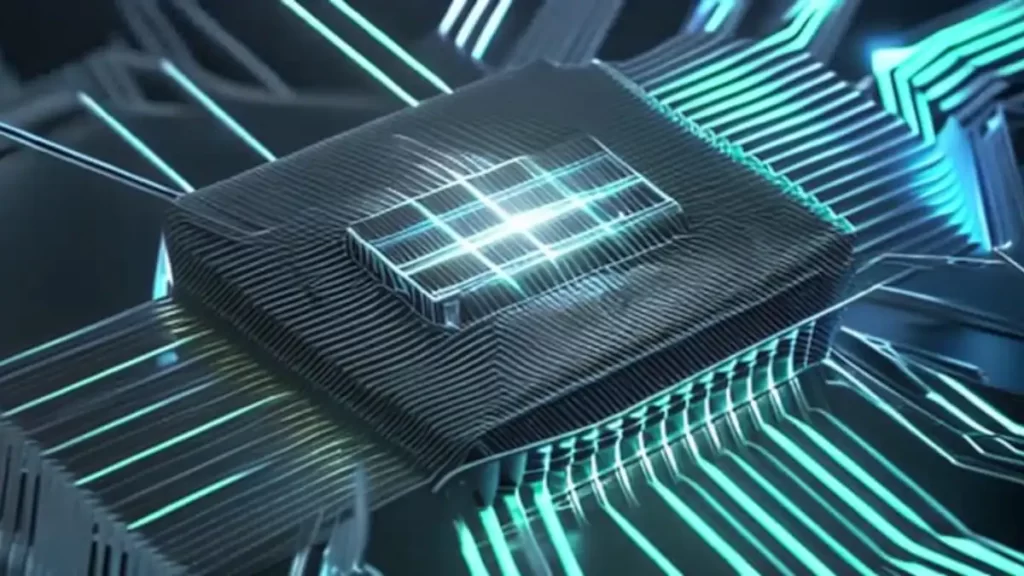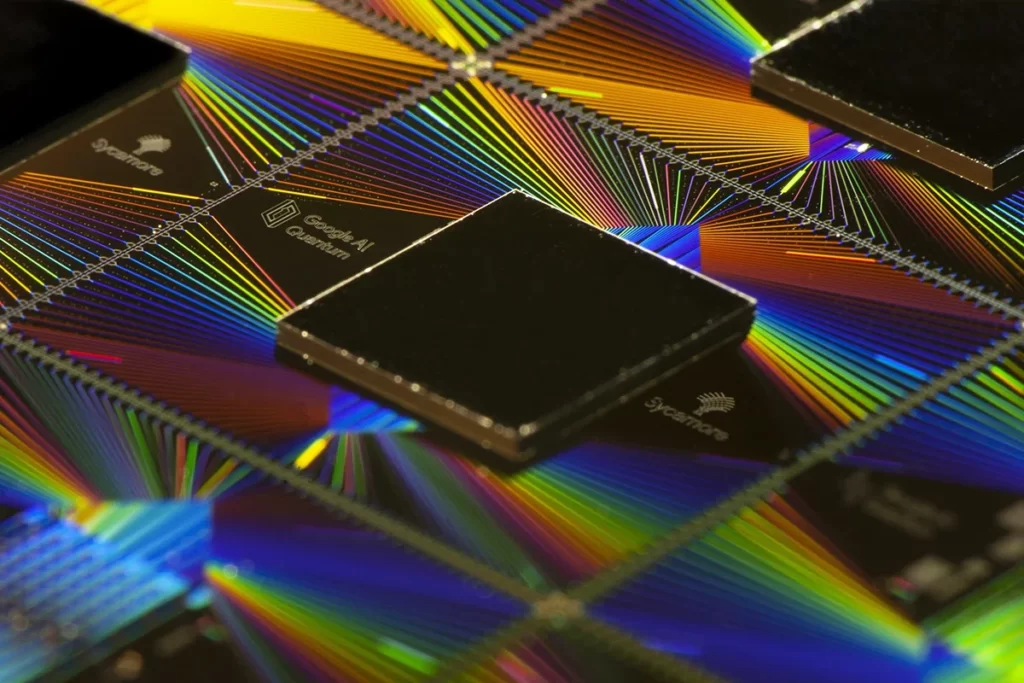Quantum computing is a type of computing that uses the principles of quantum mechanics to perform calculations and solve problems.

Quantum computers use quantum bits, or qubits, which can represent both a 0 and a 1 simultaneously due to a quantum mechanical property called superposition. This allows quantum computers to perform certain types of calculations much faster than classical computers, which use classical bits that can only represent either a 0 or a 1.
Quantum Bit (Qubit)
A quantum bit, or qubit, is the basic unit of information in a quantum computer. It is similar to a classical bit, which is the basic unit of information in a classical computer and represents either a 0 or a 1. However, a qubit can represent both a 0 and a 1 simultaneously due to a quantum mechanical property called superposition.
In a quantum computer, qubits are typically implemented using physical systems that can exist in multiple quantum states at the same time, such as the spin of an electron or the polarization of a photon. These quantum states can be controlled and manipulated using various techniques, such as laser pulses and magnetic fields, to perform calculations.
One of the main benefits of using qubits is that they can be used to perform certain types of calculations much faster than classical bits. For example, a quantum computer with just a few hundred qubits could potentially outperform a classical computer with billions of classical bits for certain types of problems. However, qubits are also prone to errors and require specialized techniques to maintain their accuracy, which makes building and operating a quantum computer much more challenging than a classical computer.
Superposition
In quantum mechanics, superposition is a fundamental principle that describes the behavior of a quantum system that can exist in multiple states simultaneously. This is in contrast to classical systems, which can only exist in a single state at a time.
The concept of superposition is often illustrated using the example of a coin that can be heads or tails. In a classical system, the coin must be either heads or tails, but in a quantum system, the coin can be both heads and tails at the same time. This is because the quantum system can exist in multiple states simultaneously, and the overall state of the system is a combination, or superposition, of these individual states.

In the context of quantum computers, superposition is used to represent information using quantum bits, or qubits. A qubit can represent both a 0 and a 1 simultaneously, which allows a quantum computer to perform certain types of calculations much faster than a classical computer. However, measuring a qubit destroys the superposition and forces it to assume a definite value of either 0 or 1. This property, known as wave function collapse, is one of the fundamental principles of quantum mechanics and is essential to understanding how quantum computers work.
Difference between a Quantum Computer and a regular desktop PC
Quantum computers and regular desktop computers operate using fundamentally different principles. Classical computers store and process information using bits, which represent either a 0 or a 1. Quantum computers, on the other hand, use quantum bits, or qubits, which can represent both a 0 and a 1 simultaneously. This property, known as superposition, allows quantum computers to perform certain types of calculations much faster than classical computers.
Another key difference between quantum computers and classical computers is that quantum computers are prone to errors due to the inherent instability of qubits. This means that quantum computers typically require error correction algorithms and other techniques to maintain their accuracy. In contrast, classical computers are generally more reliable and do not require such elaborate error correction measures.
Overall, quantum computers are still in the early stages of development and are not yet as powerful or practical as classical computers for most tasks. However, they have the potential to revolutionize certain fields, such as drug discovery and financial modeling, by enabling the solution of problems that are currently too complex or time-consuming for classical computers to handle.
How fast a quantum computer is?
The speed of a quantum computer depends on a number of factors, including the number of qubits it has, the quality of the qubits, and the type of algorithms it is running. In general, quantum computers are able to perform certain types of calculations much faster than classical computers, but they are not always faster for all types of calculations.
For example, a quantum computer with a large number of high-quality qubits and the right algorithm could potentially solve certain problems in a matter of seconds or minutes that would take a classical computer, billions of years to solve. However, quantum computers are also prone to errors and require specialized techniques to maintain their accuracy, which can limit their overall performance.
In practice, it is difficult to accurately compare the speed of quantum computers to classical computers because the types of problems they are able to solve are often very different. However, as quantum computers continue to develop and improve, it is likely that they will become increasingly powerful and capable of solving a wider range of problems at a faster rate.
Can I Buy a Quantum Computer?
There are a number of companies that sell quantum computers, although they are typically quite expensive and are primarily used by research institutions and large corporations. Some examples of companies that sell quantum computers include IBM, Rigetti, and D-Wave Systems. These companies offer a range of different quantum computers with different capabilities, and they often require specialized infrastructure and technical expertise to operate. If you are interested in purchasing a quantum computer, it is recommended that you contact one of these companies or a similar company to learn more about your options and to get a quote for a specific quantum computer.